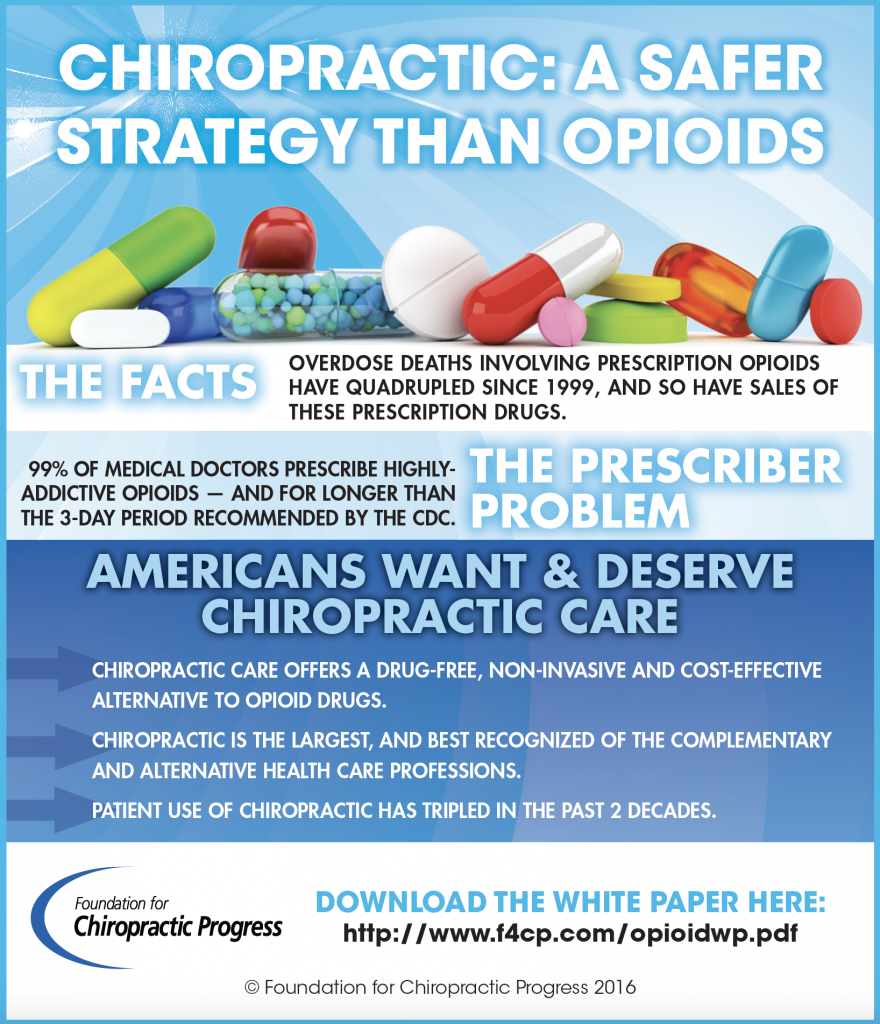Assistance Your Back Health By Understanding Just How Your Dietary Selections Can Affect Your Pain Levels-- Learn Which Foods To Select For Relief And Which To Prevent
Assistance Your Back Health By Understanding Just How Your Dietary Selections Can Affect Your Pain Levels-- Learn Which Foods To Select For Relief And Which To Prevent
Blog Article
Written By-Locklear Lykke
When it pertains to handling your neck and back pain, the food choices you make can significantly affect how you feel on a daily basis. Picture being able to ease your discomfort just by changing what you consume. By recognizing the duty of nutrition in back pain management and recognizing which foods to include or steer clear of, you can take positive actions towards a much healthier and a lot more comfortable way of living. The link between nourishment and back health is a lot more extensive than you might realize-- let's check out just how certain foods can either calm or worsen your pain in the back.
Relevance of Nourishment in Neck And Back Pain
Nourishment plays an essential function in managing pain in the back. Your diet plan can dramatically impact swelling degrees and total pain levels in your back. Consuming a well balanced diet regimen rich in nutrients like vitamins D and K, calcium, magnesium, and omega-3 fatty acids can help in reducing inflammation and enhance bones, which are necessary for back wellness.
In addition, preserving a healthy weight via correct nourishment can minimize stress on your spine, minimizing the risk of pain in the back.
Moreover, certain nutrients like antioxidants found in fruits and vegetables can help combat oxidative anxiety and advertise healing in the body, including the back muscle mass and spine.
On the other hand, consuming too much quantities of processed foods, sugary drinks, and undesirable fats can contribute to inflammation and weight gain, aggravating pain in the back.
Foods to Consume for Back Wellness
To sustain a healthy and balanced back, incorporating nutrient-rich foods right into your day-to-day meals is crucial. Including foods high in antioxidants like berries, spinach, and kale can help reduce inflammation in your back, easing pain and discomfort. Omega-3 fatty acids discovered in fatty fish such as salmon and mackerel have anti-inflammatory residential or commercial properties that can profit your back health.
Additionally, eating chiropractor near me and seeds like almonds, walnuts, and chia seeds supplies essential nutrients like magnesium and vitamin E, which support muscular tissue function and reduce oxidative tension. Incorporating lean proteins such as poultry, turkey, and tofu can help in muscle mass repair and maintenance, advertising a strong back.
Do not neglect to include causes for lower back pain or fortified plant-based choices for calcium to support bone health and wellness. Finally, hydrate with plenty of water to maintain your back discs hydrated and operating ideally. By including these nutrient-dense foods in your diet regimen, you can nourish your back and support overall back wellness.
Foods to Avoid for Back Pain
Choose staying clear of processed foods high in sugarcoated and trans fats when seeking relief from neck and back pain. These types of foods can add to swelling in the body, which might aggravate pain in the back. Say no to lower back pressure , breads, and sweet drinks, in addition to convenience food things like hamburgers, french fries, and fried chicken that are frequently packed with trans fats.
Additionally, steer clear of foods consisting of high degrees of refined carbohydrates, such as white bread, pasta, and breads, as they can increase blood glucose levels and possibly get worse swelling in the body.
It's also important to restrict your intake of foods high in saturated fats, like red meat and full-fat dairy items, as they can contribute to inflammation. Refined foods like delicatessens meats, chips, and packaged snacks are usually high in hydrogenated fats and should be eaten in moderation.
Final thought
Finally, taking notice of your diet regimen and making wise food options can have a substantial impact on handling pain in the back. By incorporating nutrient-rich foods like berries, fatty fish, nuts, and lean proteins, and avoiding processed and sugary products, you can help reduce inflammation and support generally back health. Remember, what you eat plays a critical function in exactly how you feel, so make certain to prioritize your nutrition for a healthier back.
